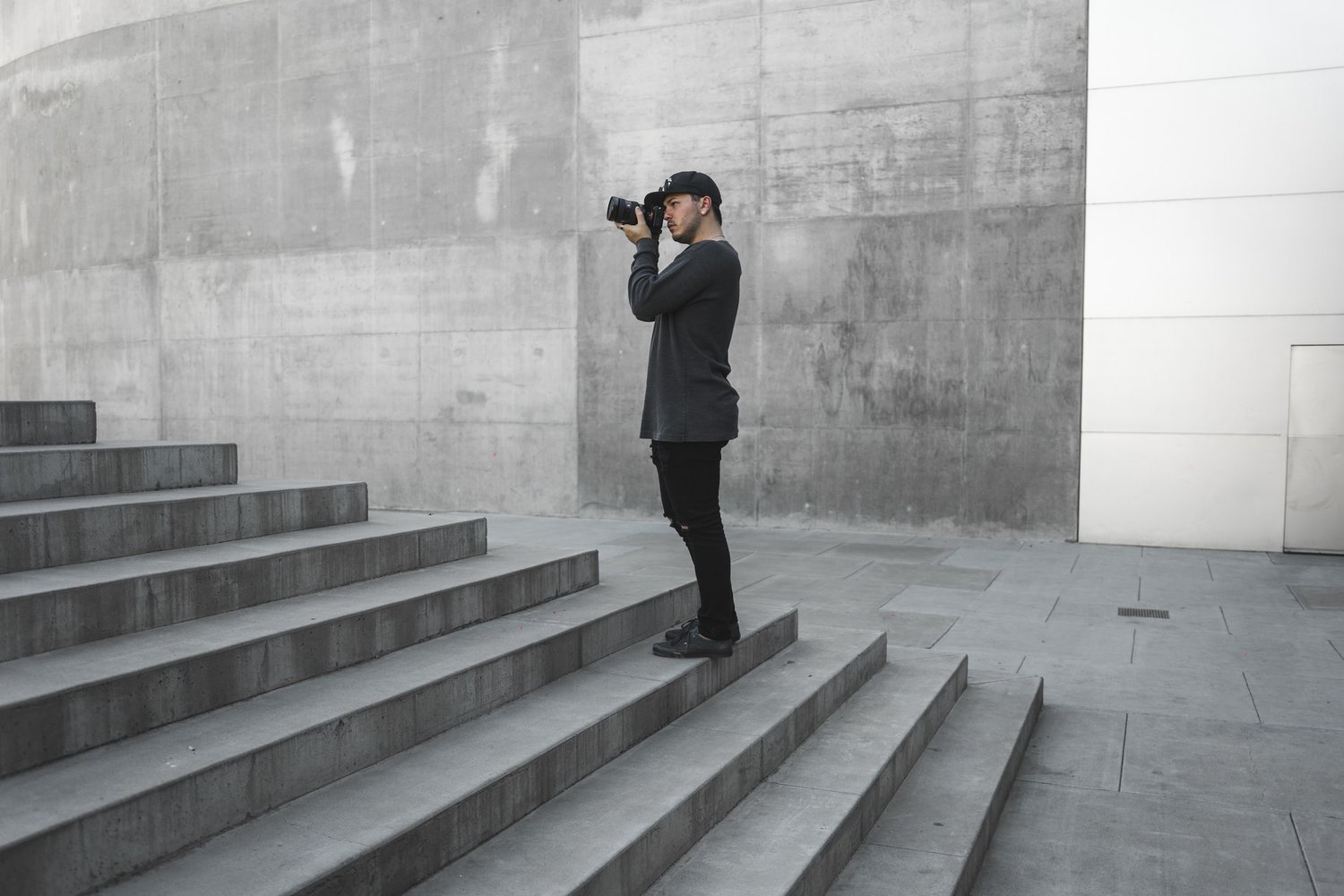Sorry, sir, you can’t photograph here…
There are countless YouTube videos where security and police officers incorrectly cite laws and legislation about the right to photograph. In this article, I clarify the truth about your right to photograph in a public place.
This guidance forms part of the training of our security officers to avoid featuring on YouTube while also ensuring all of our colleagues are following, to quote Line of Duty’s Supt. Ted Hastings, “the letter of the law”.
Can you photograph in a public place?
In a word, yes, you can. Photography in a public place is your common law right, save for some minimal exceptions.
Can a security officer stop me from taking photographs in a public place?
No, a security officer cannot stop you from taking photographs in a public place.
Having said this, a security officer can quite reasonably make passive enquiries about your interest, the subject or the purpose of your photography. What information you provide is up to you, but you will likely find cooperation is the best policy - especially if you're acting lawfully and have nothing to hide.
What about a police officer?
Contrary to popular belief, a police officer cannot stop you from taking photographs in a public place either, save for where they think you might be a threat to national security or, in other words, a terrorist.
Like a security officer, a police officer legally cannot require you to delete photographs lawfully taken in a public place. However, depending on the circumstances, a police officer may require you to provide your details - and an unlawful refusal could amount to an offence of obstruction. As before, cooperation is the best policy.
Police officer powers under the Terrorism Act 2000
The provisions of section 44 of the Terrorism Act 2000, which gave police officers the power to stop and search without reasonable suspicion indiscriminately, have been - quite rightly - withdrawn.
However, under section 43, police officers have the power to stop and search a person they reasonably suspect to be a terrorist. The purpose of the stop and search is to discover whether that person has anything that may constitute evidence that they are a terrorist.
Other powers
Section 58 of the Terrorism Act 2000 covers the offence of eliciting, publishing or communicating information about members of the armed forces, intelligence services or police where the information is, by its very nature, designed to provide practical assistance to a person committing or preparing an act of terrorism.
Any police officer arresting for an offence under Section 58A must be able to demonstrate a reasonable suspicion that the information was, by its very nature, designed to provide practical assistance to a person committing or preparing an act of terrorism.

